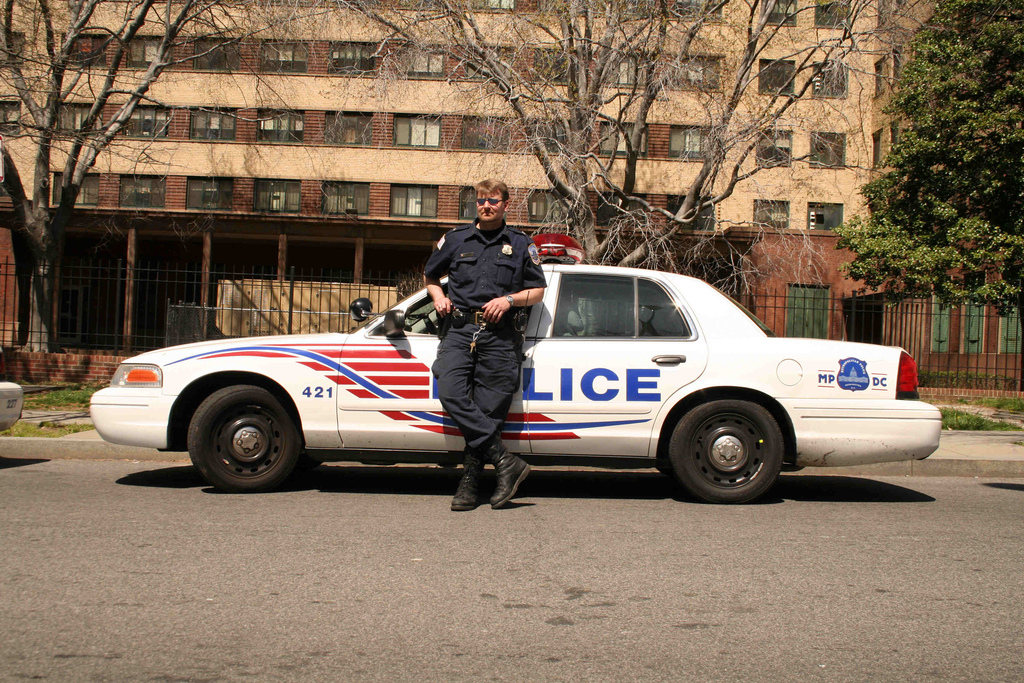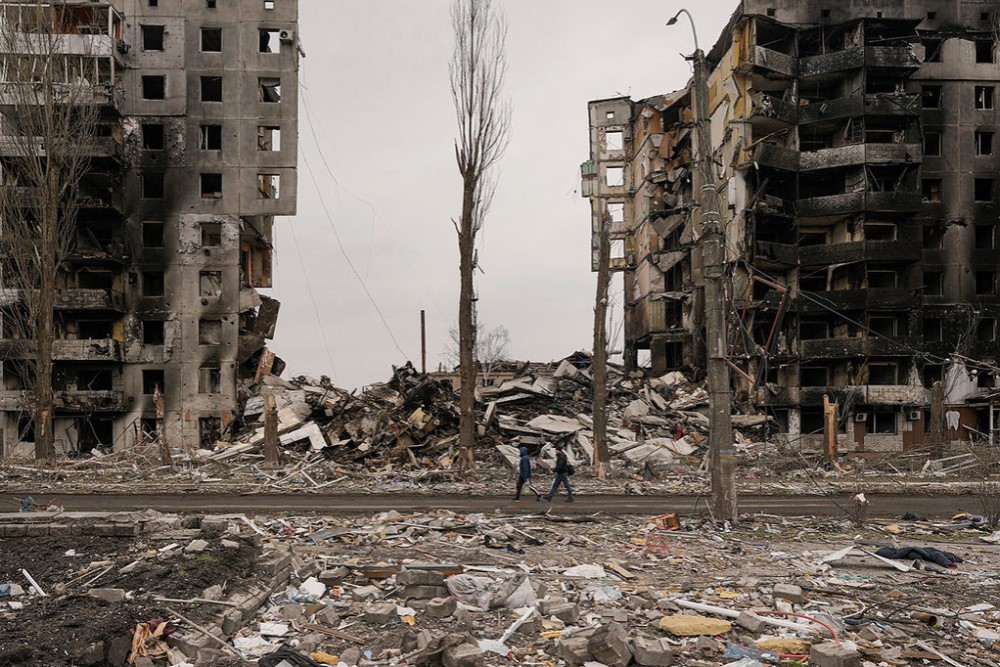Police Officers or Immigration Officers? The Dilemma of Responding to ICE Warrants
This article has a set of discussion questions tailored for classroom use. Click here to download them. To see a full list of our discussion questions, check out the Educational Resources page.
On February 22, Wilson Rodriguez Macarreno called 911 because he thought that someone was breaking into his car in the Seattle suburb of Tukwila. After the police apprehended the suspect breaking into his car, Macarreno was detained by Immigration and Customs Enforcement. He was handcuffed and driven to an ICE field office without being told the reasons for his detainment. According to the Tukwila, Washington police officers, there was a warrant for Macarreno from immigration authorities. According to his lawyer, Macarreno came to the United States illegally from Honduras around 15 years ago to escape a life of gang violence. Close family members and friends of his had died as a result of the violence, so he made his escape to the United States. Macarreno has lived in the United States since and has three children that are legal citizens.
After determining that they did not have enough information to arrest the suspect breaking into Macarreno’s vehicle, police ran the victim through the National Crime Information Center database, which contains existing and outstanding warrants; such a process is standard procedure in Tukwila. It is not, however, standard procedure for the police to act on immigration warrants. According to Macarreno’s lawyer, police do not have the authority to arrest individuals on behalf of ICE, but that did not stop the Tukwila officers from effectively delivering Macarreno to the ICE field office in Tukwila. Not only do the police not have the authority to arrest on behalf of ICE, but ICE warrants do not require judicial approval.
Macarreno’s situation raises some serious ethical red flags. First, he did what anyone is told to do if in danger; he called the police. The police are supposed to be individuals that citizens trust. Macarreno expected that calling the police would keep himself, his family, and his belongings safe. Instead, he is facing federal detainment and possible deportation. His experience serves as a warning to other immigrants. Immigrants are already a vulnerable population, with constant fear in a non-inclusive American society. Now, immigrants face the fear of deportation when they call the cops to report a crime. This violates the role that law enforcement is supposed to play in the United States. Law enforcement is supposed to protect citizens, and citizens should be able to count on police officers to keep them safe from danger. Instead, situations like Macarreno’s promote a culture of fear.
All people should have the opportunity to ask for help from the police if they need it. Because police officers turned Macarreno into ICE, an entire portion of the United States population is now fearful to ask for help. Instead of promoting safety, law enforcement is creating fear. In conjunction, Macarreno fled Honduras for safety reasons, and if he is deported and forced to return, he will once again be in danger. By turning a man into ICE, the police, responsible for keeping people safe, effectively did the opposite. The way that Macarreno’s situation was handled is problematic on the basis of what police officers are understood to promote, safety and assistance in times of danger.





